A surprise! I took this book from its envelope expecting a fresh collection of Wendy Cope’s poems, and opened it to find prose — a variety of memoirs, reflections, articles and letters. There are literary pieces on poets such as Anne Sexton and George Herbert, and her reviews from The Spectator when she was television critic here. She has been very keen on Molesworth since reading Down with Skool at 11, and thinks that it is salutary for a poet to be aware of the Fotherington-Thomas effect: ‘When I notice myself sounding like him, I try again’ — an excellent piece of advice for any poet to follow.
The first part of the book is largely autobiographical. Her father was Fred Cope, chairman and managing director of Mitchells, a department store, and her mother was his second wife, and much younger. Wendy’s relationship with her mother was difficult, and at seven she was sent away to boarding school (‘I didn’t cry, because girls in books don’t cry’). A really bad thing about boarding school was the dread of going home; but also the dread of going back to school.
When Wendy was nine, her mother, a keen evangelical Christian, took her to a relay of Billy Graham’s Harringay meeting in the local Baptist church. Wendy, swept away by the eloquence, ‘came forward’ — the only one to do so and almost immediately, it seems, she regretted it. It was some 40 years before she became a voluntary churchgoer again.
She was musical at school. She was also brainy, and got into Oxford, which she failed to enjoy, though we learn little more about this period; and by 1967 she was at her first job, teaching in a primary school. In 1973, depression sent her into analysis five times a week for ten years, with an experienced, American Freudian analyst. She started off as an obedient patient, anxious to do everything right, but gradually metamorphosed into a ‘harpy’, hurling insults at the analyst, calling him fat, old, boring — and worse. As I read this I too felt anxious: could this be progress towards ‘Learning to be Yourself’, as the section was headed? But it turned out well, and she concluded that she was much happier than she could have been without analysis.
Leaving teaching and becoming a writer needed a lot of adjustment, however, and after Making Cocoa for Kingsley Amis in 1986, coping with overnight fame was a challenge.
‘There are worse things than being single and I have tried quite a few of them,’ starts one section. I turned the pages keenly, but discreet generalisations are the mode here — and quite right too. There were mistakes and there was loneliness, until she met her partner, the poet and critic Lachlan Mackinnon: ‘I took one look at him and wanted to make him happy. As it turns out, I can do that, and he can do it for me’.Reader, she married him — but that was 19 happy years later.
Got something to add? Join the discussion and comment below.
Get 10 issues for just $10
Subscribe to The Spectator Australia today for the next 10 magazine issues, plus full online access, for just $10.
Available from the Spectator Bookshop, £14.99 Tel: 08430 600033. Connie Bensley has published several collections of poetry including Progress Report, Moving In and Choosing To Be a Swan.
You might disagree with half of it, but you’ll enjoy reading all of it. Try your first month for free, then just $2 a week for the remainder of your first year.

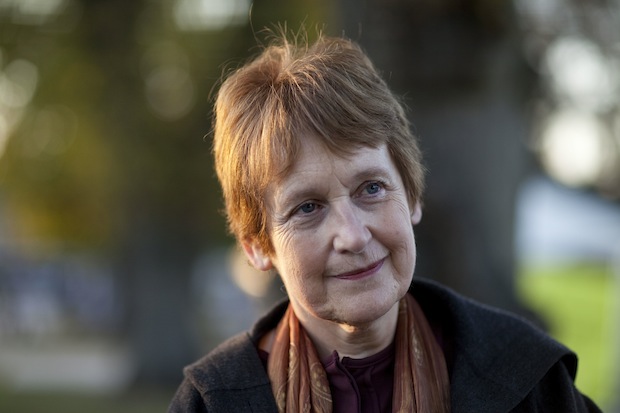
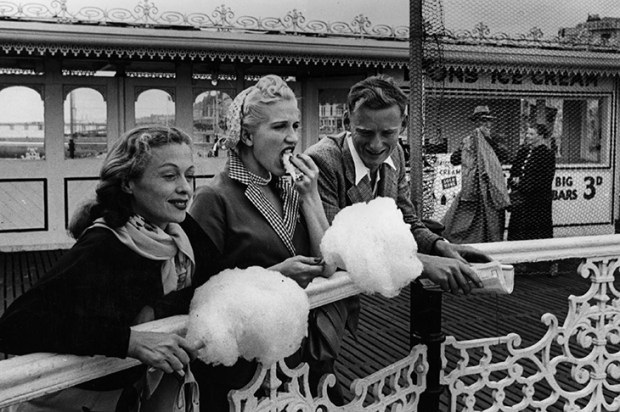
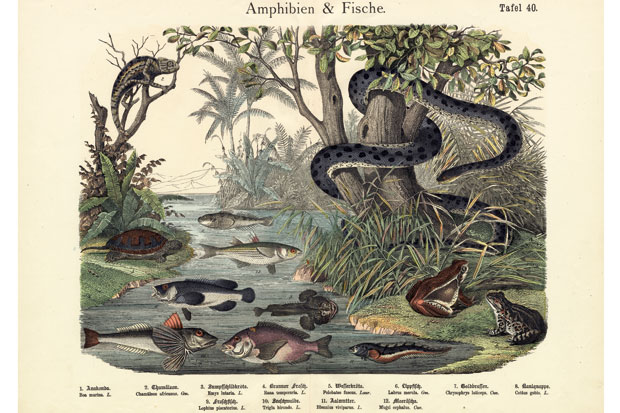
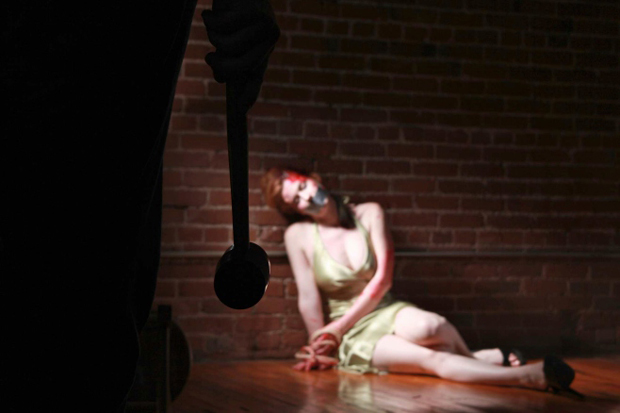
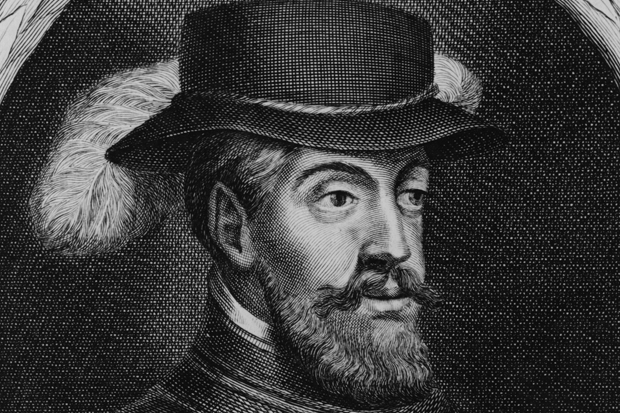
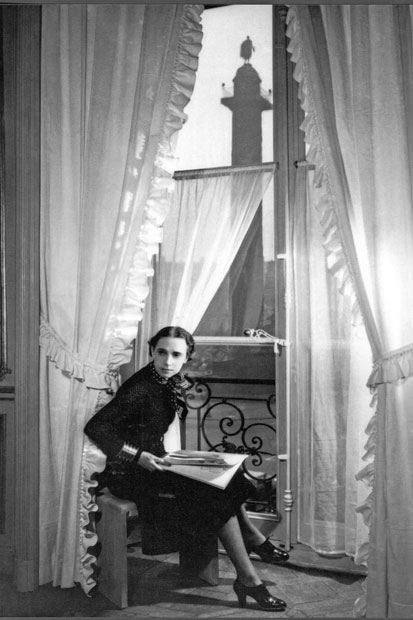
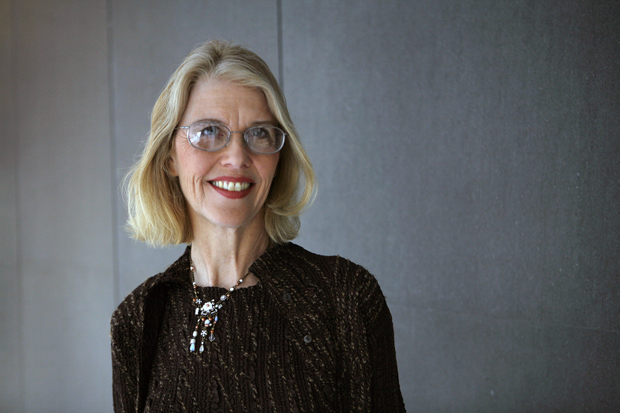






Comments
Don't miss out
Join the conversation with other Spectator Australia readers. Subscribe to leave a comment.
SUBSCRIBEAlready a subscriber? Log in